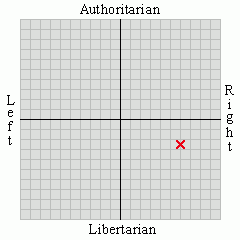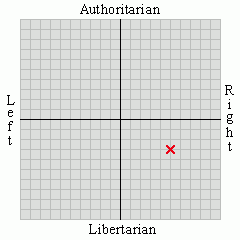The G8, the UK’s Commission on Africa and the UN’s Millennium Development Goals have collectively pledged to double the amount of aid sent to the poorest countries. The OECD has calculated international spending on aid before 2010 at $100 billion per year. Whilst many of these initiatives are attempting to tackle poverty and improve living conditions in developing countries, the knowledge and experience of aid-giving accumulated over the course of the last 50 years is not being used to improve the quality of aid, the methods employed to use it or to prevent the mismanagement of public resources.
Most research conducted on the links between economic growth and development aid actually reveals a negative correlation between the two, thereby suggesting that aid does not have a stimulatory effect on growth. Africa has received over $1 trillion since 1950, with the average value of aid as a share of government spending being over 50% between 1975 and 1995. Per capita growth also decreased during this period, with many countries currently being poorer than when they achieved independence. Nevertheless, aid continues to be wrongly considered vital for attracting investments that are needed to sustain growth because the poorest countries lack the financial means to invest in their own development. Yet if this were the case, investment levels would have continually risen and, according to the World Bank, per capita GDP in most African states would be comparable with that of Portugal or Spain.
Development aid policies must therefore begin to consider which schemes work effectively and efficiently and which others should be abandoned. Much African aid during the past has been channelled into public consumption and current spending, rather than focusing on attracting foreign investment. Furthermore, this type of spending has had a negative impact on domestic savings and has therefore further debilitated poor countries. Many governments have also chosen to use aid for investment purposes in healthcare or education whilst reducing their own investment spending in the same areas. They then redirected the funds they saved by doing this onto public consumption and thereby eliminated any increase in net investment.
Aid donors must actively exert pressure on African governments to encourage them to reform their economic policies and abandon regulations that are hindering growth. Asian countries have become successful not through aid, but through their open economic policies that encouraged trade and foreign investment.
Subscribe to:
Post Comments (Atom)



No comments:
Post a Comment